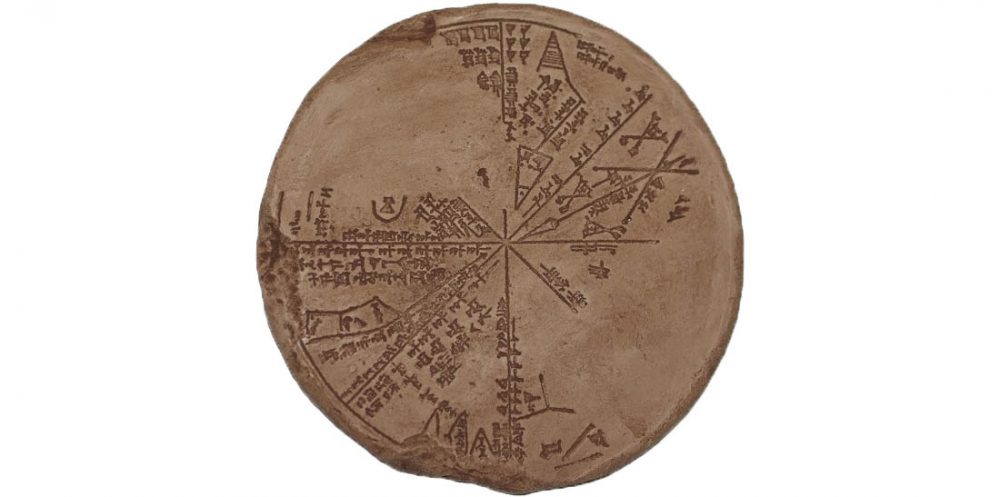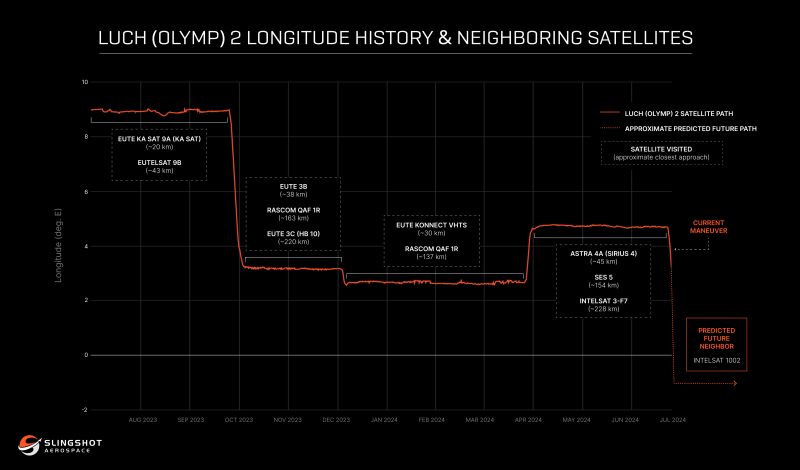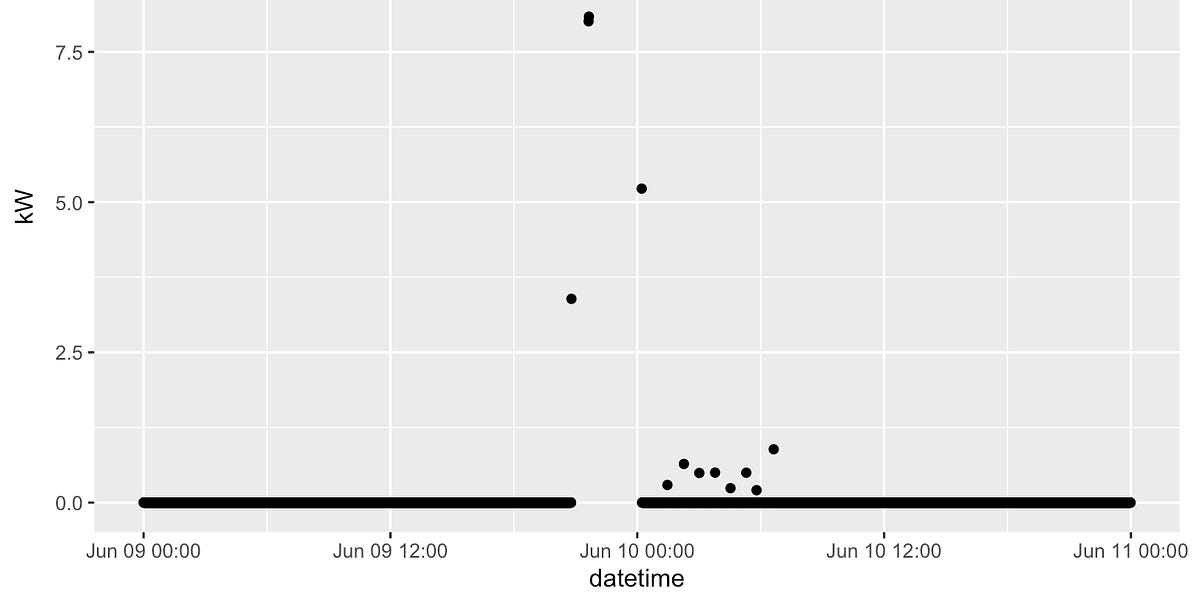
Surprising Phosphate Finding in NASA’s OSIRIS-REx Asteroid Sample
Scientists have eagerly awaited the opportunity to dig into the 4.3-ounce (121.6-gram) pristine asteroid Bennu sample collected by NASA’s OSIRIS-REx (Origins, Spectral Interpretation, Resource Identification, and Security – Regolith Explorer) mission since it was delivered to Earth last fall. They hoped the material would hold secrets of the solar system’s past and the prebiotic chemistry that might have led to the origin of life on Earth. An early analysis of the Bennu sample, published June 26 in Meteoritics & Planetary Science, demonstrates this excitement was warranted.
The OSIRIS-REx Sample Analysis Team found that Bennu contains the original ingredients that formed our solar system. The asteroid’s dust is rich in carbon and nitrogen, as well as organic compounds, all of which are essential components for life as we know it. The sample also contains magnesium-sodium phosphate, which was a surprise to the research team, because it wasn’t seen in the remote sensing data collected by the spacecraft at Bennu. Its presence in the sample hints that the asteroid could have splintered off from a long-gone, tiny, primitive ocean world.
Analysis of the Bennu sample unveiled intriguing insights into the asteroid’s composition. Dominated by clay minerals, particularly serpentine, the sample mirrors the type of rock found at mid-ocean ridges on Earth, where material from the mantle, the layer beneath Earth’s crust, encounters water.




















